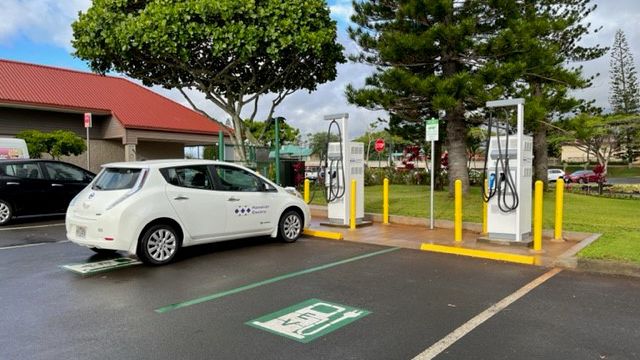New York state in the next decade will phase out the sale of gas-powered vehicles, changing how people get to work, travel for leisure and transport goods. But the infrastructure needs to be there first.
The state took a step forward on Monday to expand its infrastructure and technological capabilities to roll out electric vehicles by the next decade.
Gov. Kathy Hochul's office announced an Israeli firm had won a $1 million grant to help develop fast-charging battery capabilities for electric vehicles. The state is awarding the money to the firm, called ZOOZ, which specializes in energy-boosting techology for batteries.
The state will have to integrate fast-charging battery technology with local power grids. Hochul's office said ZOOZ uses a flywheel-based, kinetic energy storage technology for its power booster to help charge batteries faster.
"Through key strategic partnerships, New York is driving the advancement of cutting-edge clean energy technologies that will have a global impact in the fight against climate change," Hochul said. "New York's collaboration with the state of Israel, a hub for innovative, clean energy technologies, will deliver forward-thinking solutions that will strengthen New York's EV infrastructure."
The electric vehicle transition is part of a broader effort under state law to transition away from fossil fuel technology to cleaner and more renewable forms of energy. Major changes will be needed for how New Yorkers power their homes and businesses as well as how they transport themselves.
The money awarded to ZOOZ is coming from the New York Power Authority, which is funded through bonds and the sale of electricity.
"NYPA has multiple successful partnerships with Israeli firms developing innovative, smart technologies that are helping New York achieve its ambitious climate goals," said the authority's CEO, Justin Driscoll. "This latest technology developed through our collaboration with ZOOZ will enable New York to install more EV fast chargers at more locations while reducing grid impacts, making it possible for more New Yorkers to adopt cleaner methods of transportation."


